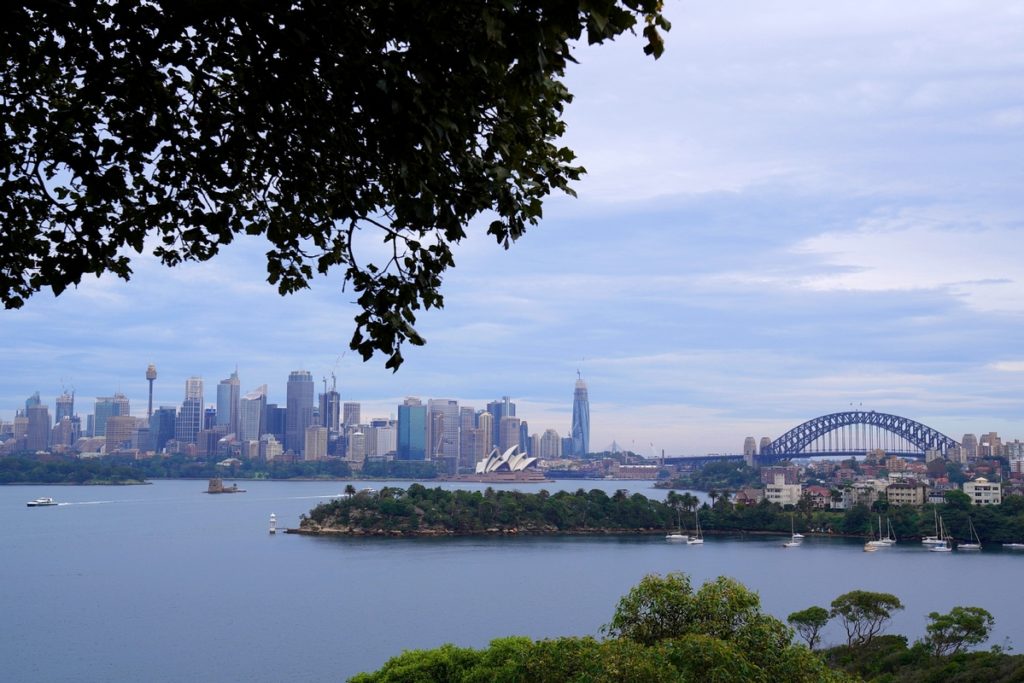Around the world, air pollution has plummeted to levels not seen in decades-thanks to the lockdowns globally that have closed borders and brought transportation and tourism to a grinding halt.
Recent satellite images over Asia and Europe have shown clear blue skies. In India, home to some of the most heavily polluted cities in the world, the skies have gone from brown to blue. Even in places like Venice, devoid of the tourist hordes, the famous Italian city’s canals are crystal clear.
Scientists monitoring the air in Sydney said the city perhaps had never been cleaner. March levels of particulate air pollution tiny enough to enter the lungs and bloodstream were lower than for the same month in recent years, and definitely far lower than during last summer’s bushfires.
The Indian politician and author Shashi Tharoor was moved to write recently: “Blissful sight of blue skies and the joy of breathing clean air provides just the contrast to illustrate what we are doing to ourselves the rest of the time.”
Vinod Thomas, visiting professor at the Asian Institute of Management in Manila and a former World Bank senior vice-president, said: “It has not been lost (on) residents of the world’s polluted cities that with the onset of COVID-19 and the slump in economic activity, skies have turned blue again.”
This experience shows how quickly and decisively governments and people can act in a time of crisis, said Greenpeace climate and energy campaigner Amanda Larsson.
“But it’s important to note that it’s happening for the wrong reasons-even if we’re getting a glimpse into a world with reduced pollution,” Thomas said.
A clear effect on the global carbon concentration in the air is difficult to discern yet, because CO2 emissions in 2020 so far are about 1 percent higher than for the same time period in 2019.
James Renwick, a climate scientist at Victoria University of Wellington, New Zealand, said: “We are hopeful there will be a reduction in carbon dioxide and greenhouse gas emissions this year, which certainly seems to be happening already.
Thomas, added that making COVID-19 economic stimulus packages climate-friendly “is the greatest step we can take in the interest of people’s health and well-being”.
Countries from the United States and Germany to China and South Korea have a golden opportunity to build on spending on renewables rather than fossil fuels into their economic programs. “Doing so is not a distraction from reactivating economies quickly, but rather a matter of avoiding even bigger and longer-lasting climate catastrophes,” he said.
Paul Monks, professor of atmospheric chemistry and Earth observation science at the University of Leicester in the United Kingdom, said recently that the COVID-19 pandemic had been slashing greenhouse gas emissions and air pollution around the world.
“If there is something positive to take from this terrible crisis, it could be that it’s offered a taste of the air we might breathe in a low-carbon future,” he said on April 20, writing for the World Economic Forum.
The coronavirus crisis has demonstrated there are other ways of living and interacting, such as using technology to hold meetings rather than traveling and staying in expensive hotels.
